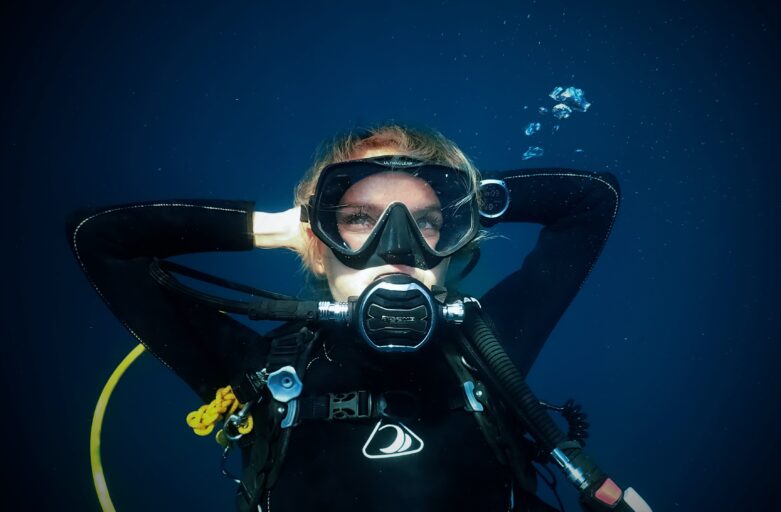If you’ve ever dreamt of exploring the fascinating underwater world, scuba diving is your passport to adventure. However, before you can plunge into the depths, you need a scuba diving certification. In this extensive guide, we’ll delve deep into the realm of scuba diving certifications, focusing on the prestigious Professional Association of Diving Instructors (PADI) certifications. We’ll cover the essential aspects of scuba diving certifications, the different levels available, and how you can earn your PADI Open Water Diver, Advanced Open Water Diver, Rescue Diver, Divemaster, and Open Water Scuba Instructor certifications.
Understanding Scuba Diving Certifications
Scuba diving certifications are more than just a piece of paper; they’re your ticket to the underwater wonderland. These certifications confirm your competence and skills, ensuring your safety and the conservation of marine environments. While various organizations offer scuba diving certifications, PADI stands out as one of the most globally recognized and respected institutions. Of course, there are many more great institutions, like SSI, SDI, IDDA and more. To keep it simple, we’ll focusing on just one diving organization, although the scuba diving certification levels are quite similar. Let’s begin our journey into the world of scuba diving certifications.
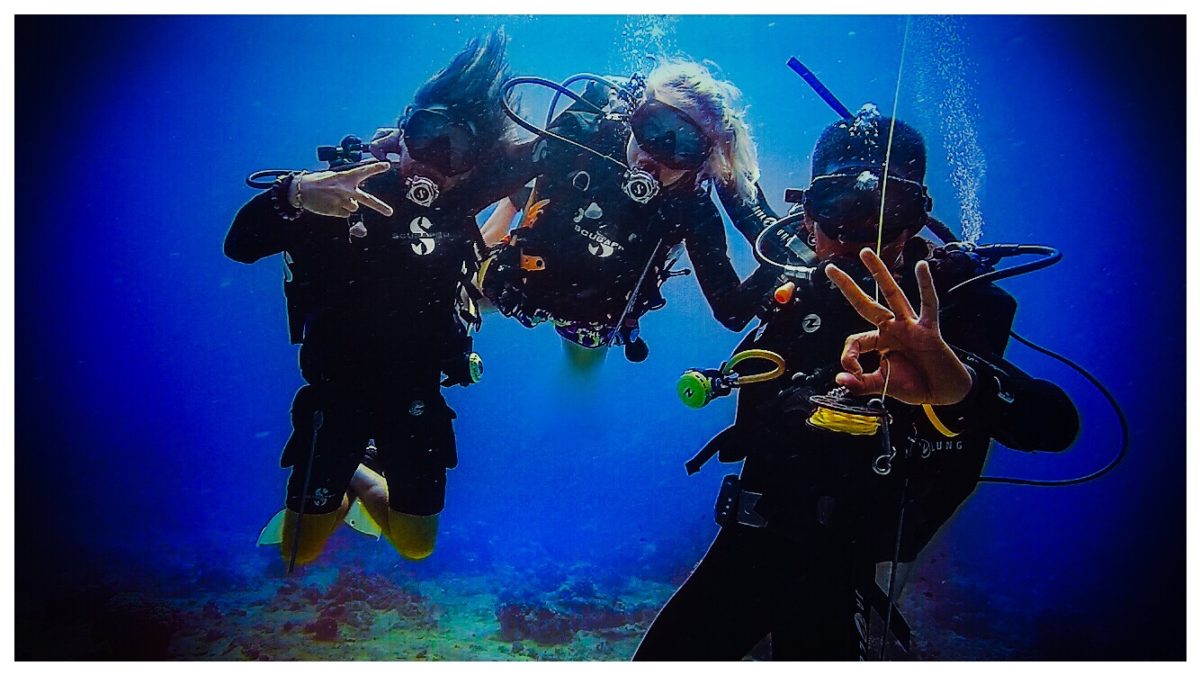
Scuba Diving Certifications: Your Path to Exploration
1. PADI Open Water Diver Certification (OWD)
The PADI Open Water Diver certification is your initial gateway to the mesmerizing world of scuba diving. This entry-level certification equips you with fundamental knowledge and skills needed for safe and enjoyable dives. It includes a mix of theory sessions, confined water training, and open water dives. After successfully completing the course, you’ll be certified to dive up to 60 feet (18 meters) with a buddy.
How to obtain the PADI Open Water Diver Certification:
- Enrollment: Enroll in a PADI Open Water Diver course, which is readily available at dive shops and dive resorts worldwide.
- Knowledge Development: Complete self-study material, typically through an online course or a manual, and attend classroom sessions to grasp essential scuba diving concepts.
- Confined Water Training: Practice your scuba diving skills in a controlled environment, usually a swimming pool or a calm, shallow area in the ocean. Here, you’ll master skills like mask clearing, regulator recovery, and buoyancy control.
- Open Water Dives: Accompanied by a certified instructor, you’ll embark on several open water dives. These dives are your opportunity to put your newfound knowledge and skills to the test in the natural underwater environment.
- Final Exam: Successfully pass the final exam, demonstrating your understanding of scuba diving principles.
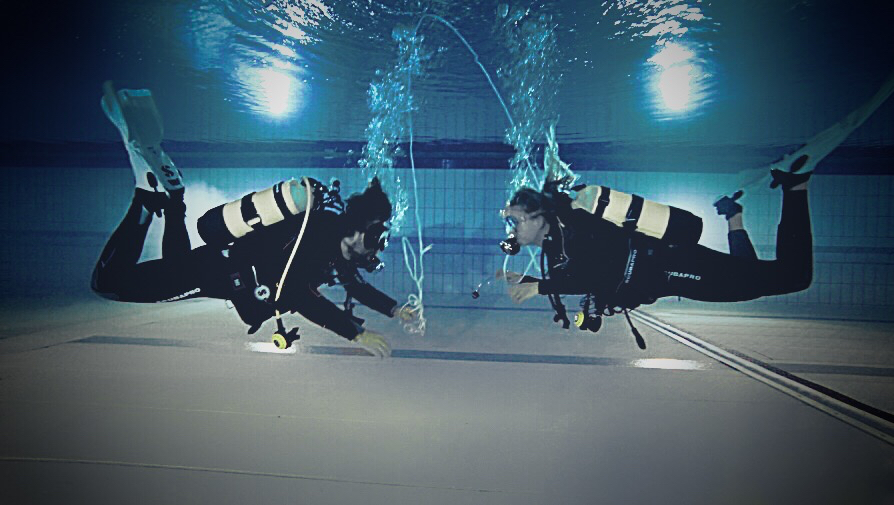
2. PADI Advanced Open Water Diver Certification (AOWD)
Once you’ve acquired your Open Water Diver certification, the PADI Advanced Open Water Diver certification opens the doors to more challenging and thrilling dive experiences. The course focuses on expanding your skills and knowledge, allowing you to explore a variety of diving specialties. You’ll complete five adventure dives, which can include deep diving, underwater navigation, night diving, and more.
How to obtain the PADI Advanced Open Water Diver Certification:
- Prerequisite: Be a certified PADI Open Water Diver or hold an equivalent certification from another recognized diving organization.
- Adventure Dives: Choose five adventure dives from a list of options, tailoring your course to your interests and goals. Some popular choices include deep diving, underwater photography, wreck diving, and drift diving.
- Knowledge Development: Complete knowledge reviews related to the selected adventure dives and log your dives to track your progress.
3. PADI Rescue Diver Certification
The PADI Rescue Diver certification is where your focus shifts from self-enjoyment to diver safety and emergency response. This course enhances your ability to anticipate, prevent, and manage dive-related accidents. While it’s challenging, it’s also immensely rewarding. Many say it’s the best course within all certifications.
How to obtain the PADI Rescue Diver Certification:
- Prerequisite: Be a certified PADI Advanced Open Water Diver or have an equivalent certification.
- Course Components: The Rescue Diver course includes knowledge development, confined water training, and practical application scenarios. You’ll learn about self-rescue, recognizing and managing stress in other divers, and responding to diving emergencies.
- Practical Application: You’ll engage in various rescue scenarios, where you’ll apply your skills to assist distressed divers. These simulations provide hands-on experience in managing real-world dive emergencies.
4. PADI Divemaster Scuba Diving Certification
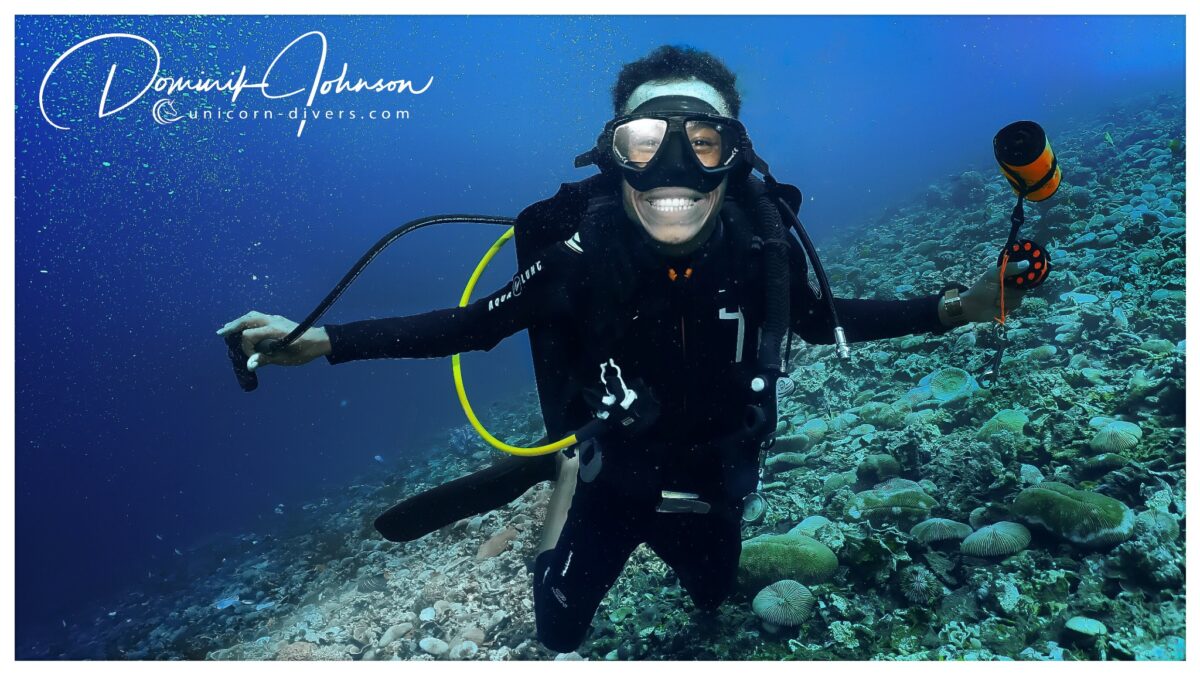
Becoming a PADI Divemaster is a significant achievement for any diving enthusiast. As a Divemaster, you’ll not only fine-tune your diving skills but also develop leadership abilities. This course serves as the first step towards a professional diving career, allowing you to assist instructors, lead dives, and mentor other divers.
How to obtain the PADI Divemaster Certification:
- Prerequisite: You must hold a PADI Rescue Diver certification or an equivalent certification from another recognized diving organization.
- Divemaster Course: Enroll in the PADI Divemaster course, which includes knowledge development, water skills, and practical application. This course provides in-depth training on how to organize and conduct scuba diving activities.
- Instructor Assisting: As part of your training, you’ll assist PADI Instructors in conducting training exercises. This hands-on experience is invaluable for understanding the dynamics of dive instruction.
5. PADI Open Water Scuba Instructor Certification (OWSI)
The PADI Open Water Scuba Instructor certification is the pinnacle of PADI certifications and your gateway to a fulfilling career in scuba instruction. As an Open Water Scuba Instructor, you’ll be authorized to teach others how to dive.
How to obtain the PADI Open Water Scuba Instructor Certification:
- Prerequisite: Hold a PADI Divemaster certification or an equivalent certification from another recognized diving organization.
- Instructor Development Course (IDC): Enroll in the Instructor Development Course, which prepares you for the Instructor Examination (IE). The IDC includes comprehensive training on teaching techniques, dive theory, and dive equipment.
- Instructor Examination (IE): Successfully pass the Instructor Examination, where your teaching abilities, dive knowledge, and skills are evaluated.
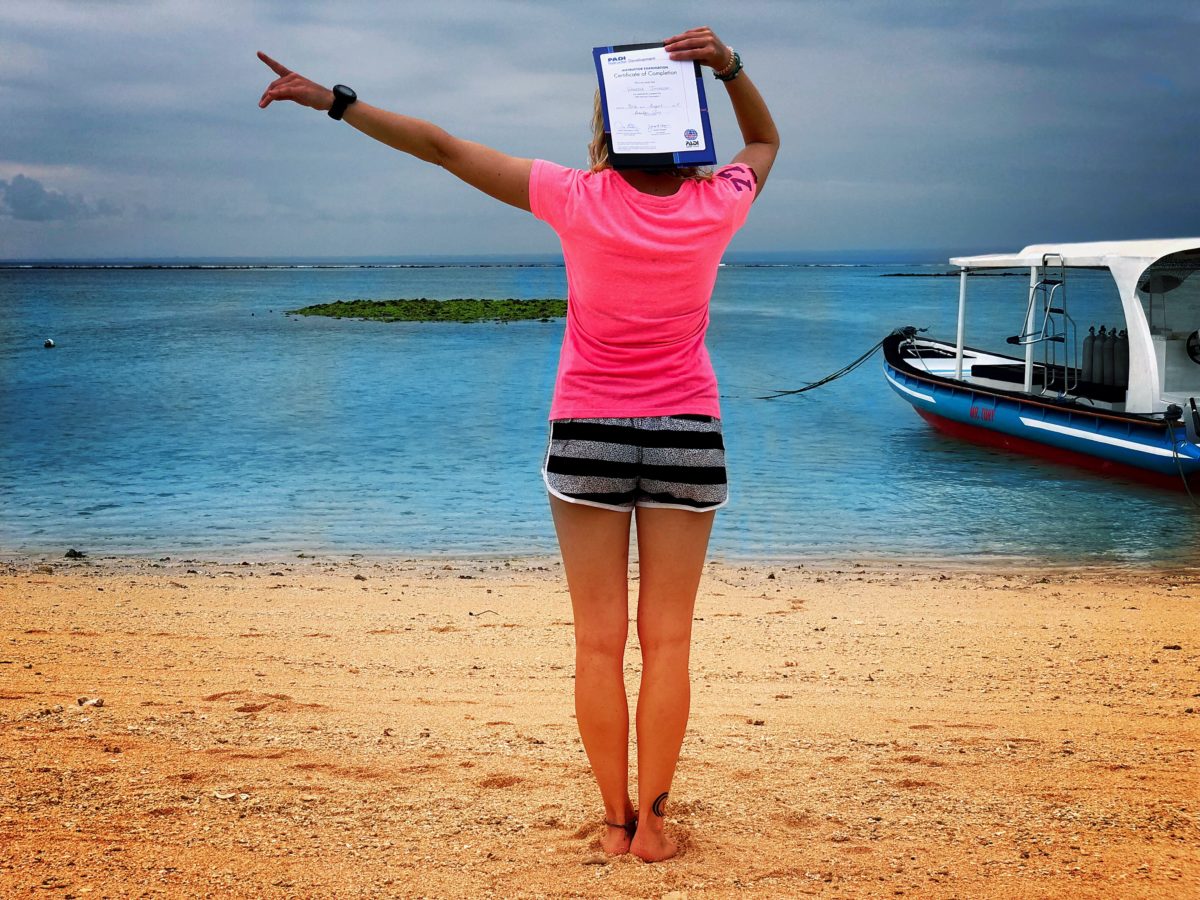
Conclusions: your guide to scuba diving certifications
Scuba diving certifications are your key to unlocking the wonders of the underwater realm. PADI certifications, including the Open Water Diver, Advanced Open Water Diver, Rescue Diver, Divemaster, and Open Water Scuba Instructor courses, provide a structured and reliable path to becoming a skilled and responsible diver. Safety, environmental awareness, and the thrill of exploration should always be at the forefront of your diving journey.
As you embark on your scuba diving adventure, remember that these certifications are not just about acquiring skills; they represent a commitment to preserving the beauty of our oceans and ensuring safe diving practices. So, take the plunge, get certified, and explore the incredible underwater landscapes that await you. With the right certifications and training, you can dive into the deep with confidence and awe, becoming a steward of the underwater world.
So, whether you’re a beginner eager to discover the depths or an experienced diver seeking to advance your skills, PADI scuba diving certifications offer a roadmap to the extraordinary world beneath the waves. Dive in, explore, and experience the magic of the underwater world with the knowledge that you’re well-prepared and certified to do so safely and responsibly.

